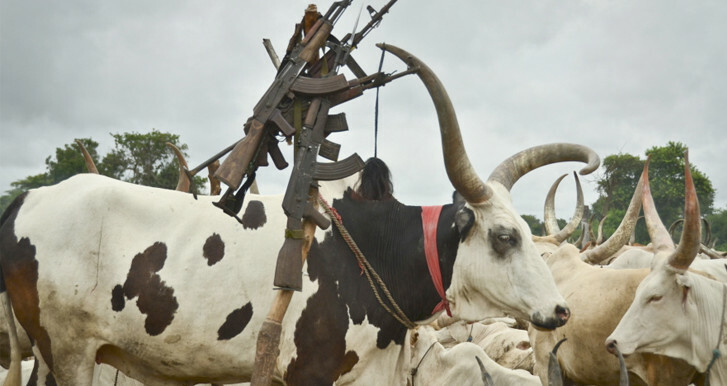At least 19 people were killed, thousands displaced and a village burnt to ashes by armed cattle keepers in Lokiliri Payam of South Sudan’s Central Equatoria State this week.
The Archbishop of the Episcopal Church of South Sudan, Central Equatoria Internal province Archbishop Paul Yugusuk who visited the affected area told Radio Tamazuj on Tuesday that the attack on Sunday has devastated the lives and livelihoods of the people in the area.
“They have caused massive destruction, killing of 19 people, raping and looting and destruction of farms continuing up to yesterday (Monday),” Archbishop Yugusuk said. “We have hundreds of families who have sought refuge in Gumbo now while some have gone to Uganda in particularly in Adjumani Refugees camps. The villages have been left empty and one of the villages called Tibure in Kubi has been burnt, 27 houses have been burnt down.”
The prelate said after the government intervened by sending forces on Tuesday to Kubi and Aru Junction bomas, calm has been restored.
However, he said that is a temporary solution.
“We are looking for the exit of the cattle herders completely from the area. This will bring stability, peace and will also make our people go back because this is a rainy season and people have already prepared the ground, they had wanted to plant, and the rain has already started. So we want that the implementation of returning the cattle to their original places should happen,” Archbishop Yugusuk said.
For his part, Rashid Nimir, Lokiliri Deputy Payam administrator, described the attacks as unfortunate adding that the attack was an extension of last week’s Magwi County attack by cattle keepers allegedly from Jonglei state.
He confirmed that many people have been displaced to Juba and Uganda.
“The pastoralists and farmers cannot live in the same place, so we demand an urgent intervention before the situation escalates. The incidents will not be solved by the chiefs or local administrations, this needs intervention from the state or national authorities,” Nimir stressed.




